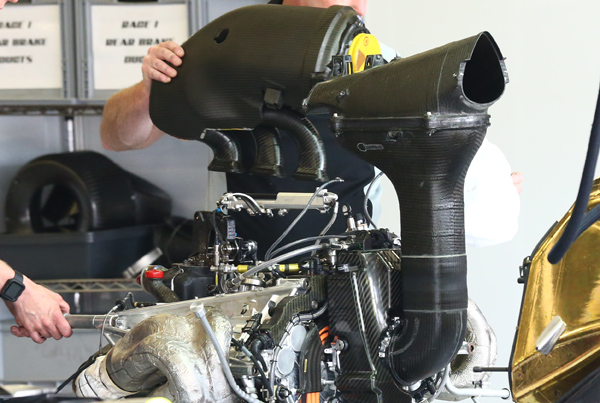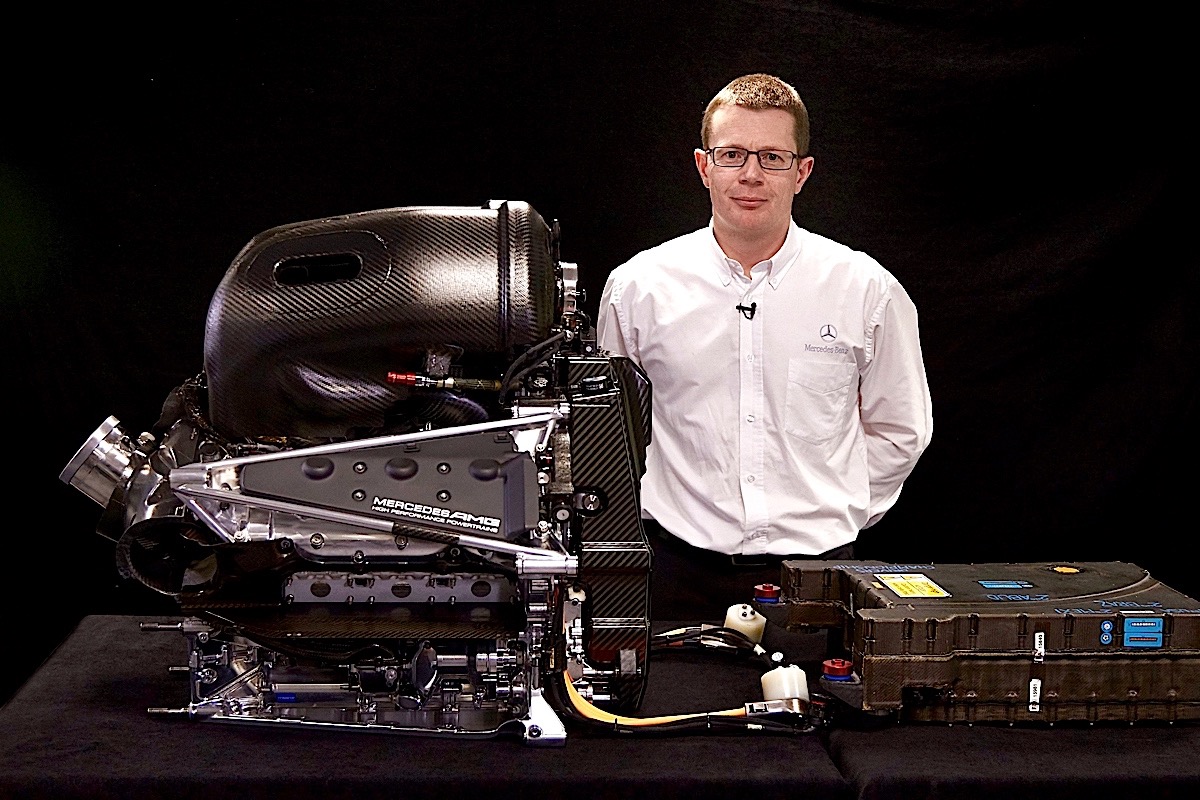ringo wrote: ↑26 Mar 2022, 00:54
atanatizante wrote: ↑25 Mar 2022, 22:59
It seems that you lack the basic notions of chemistry, such as the difference between solvency and pH (acid or basic) ...
The fuel has several physico-chemical properties, but in this case we must take into account only its ability to be a solvent and its Ph, which can be either acidic or basic, information difficult to find given the fact that it is the secret of every oil company...
But whether the pH of the fuel is acidic or basic, its value is more important to highlight how destructive it can be. Thus, the pH range is between 1 and 14 and taking into account that the neutral pH is 7, any pH value approaching 1 implies an increasingly acidic character, respectively towards a more basic one to the pH value of 14. Thus, the corrosion of a solution is higher the more acidic or basic it is or mathematically speaking the higher the pH is towards the values of either 1 or 14 ...
...
You're welcome!

Your theories are not wrong.. but in reality ethanol is not very corrosive that it will destroy a pump in a few hours. This is based on real life evidence with many cars on the road running with e10 or e85 fuel for thousands of hours and the platics arent neccessarily exotic stuff.
The gasoline is more dangerous to the plastics as a solvent right?
The main threat from the ethanol and gasoline to the pump are their boiling points.
From the solvent power/capabilities POV you are right that ethanol is a weaker solvent than gasoline but you have to take into account that F1 fuel comprises only 99.3% fuel pump gasoline and just 0.7% of secret ingredients that have many important properties like to increase de octane number, reduce fuel knocking, reduce sludge, carbide & all wasted subproducts obtained in the combustion process and even special lubricate via nanoparticles compounds ... it`s a very complex subject, believe me ...
From what I could see in these 11 years as a member of this distinguished forum is the fact that 99.(9)% of the members have only aerodynamic, mechanical, engineering or racing knowledge, which I think it`s the case this mechanical sport to understand. But unfortunately, in order to further understand this sport, you need to have also some sort of basic chemistry knowledge only for naming the following areas of F1 that need this such as: fuels, lubricants, hydraulic liquids, batteries, carbon fibre, metal alloys, plastics and you name it

...
So my point is that not so many guys on this forum could see "the true picture" as American folks say ... many of you guys are based on your theoretical and practical knowledge which are fine and pertinent in day to day life situations, but you have to bear in mind that we are discussing F1 now and in this particular case of lift pump failure there were many factors that were occurring at the same time which led together to this failure ...






